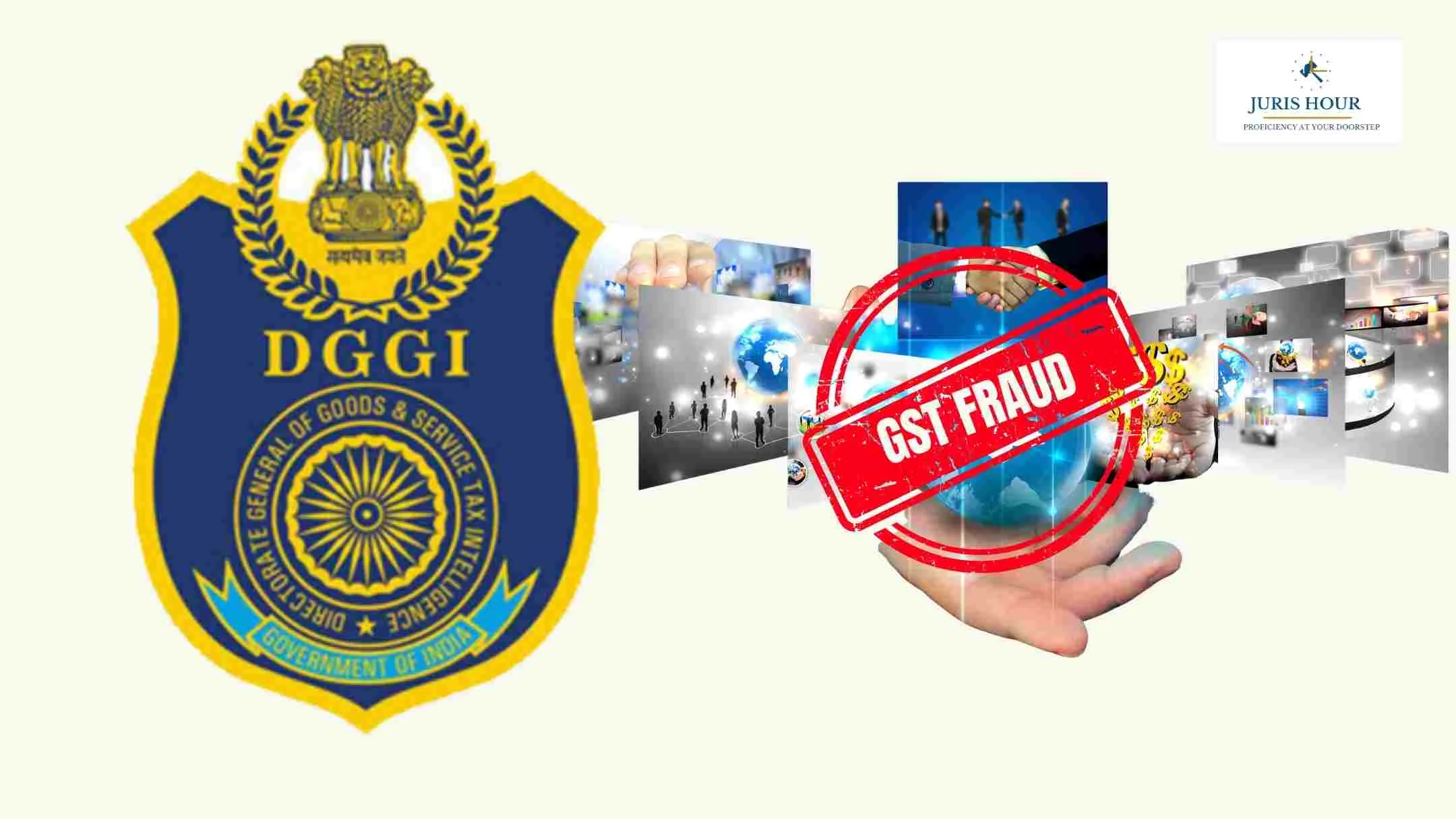The Directorate General of GST Intelligence (DGGI), Bengaluru Zonal Unit, has unearthed a massive fraud involving six shell companies that allegedly generated fake invoices worth over Rs. 266 crore and fraudulently claimed Input Tax Credit (ITC) amounting to Rs. 48 crore. The key mastermind behind the operation has been arrested following coordinated searches across six premises in Delhi.
The DGGI’s follow-up action stems from an ongoing investigation launched in Bengaluru. Officials discovered that the fraudulent companies were set up without any genuine business activity and were primarily engaged in circular trading to inflate turnover artificially. Shockingly, one of these shell entities was even listed on the stock exchange, posing a serious risk to unsuspecting investors.
According to official sources, four of the implicated companies, despite being devoid of actual commercial operations, reported receipt of goods and services worth hundreds of crores. The mastermind—allegedly a chartered accountant who initially functioned as a statutory auditor—was found to be intricately involved in the incorporation and operational control of these entities. Evidence unearthed during the searches revealed that he had also acted as director in some of the shell firms, further solidifying his role in orchestrating the fraud.
During the raids, the officers recovered critical documents, including original invoices and company seals, from the premises linked to the accused. These materials played a pivotal role in establishing the fraudulent network and tracing the flow of fake credits.
DGGI officials have initiated a detailed probe into the fraudulent nexus, especially given its serious implications for public investors in listed companies. With such manipulative patterns involving circular trading and bogus ITC claims becoming more sophisticated, the DGGI has proactively shared relevant intelligence with the Securities and Exchange Board of India (SEBI) to consider appropriate action under the SEBI Act.
The case underscores a deepening concern about the misuse of statutory compliance structures by financial professionals to perpetrate GST frauds, and signals an aggressive enforcement approach by the DGGI going forward.
Read More: AIS Mismatches Leading to Incorrect Tax Reporting and Scrutiny

